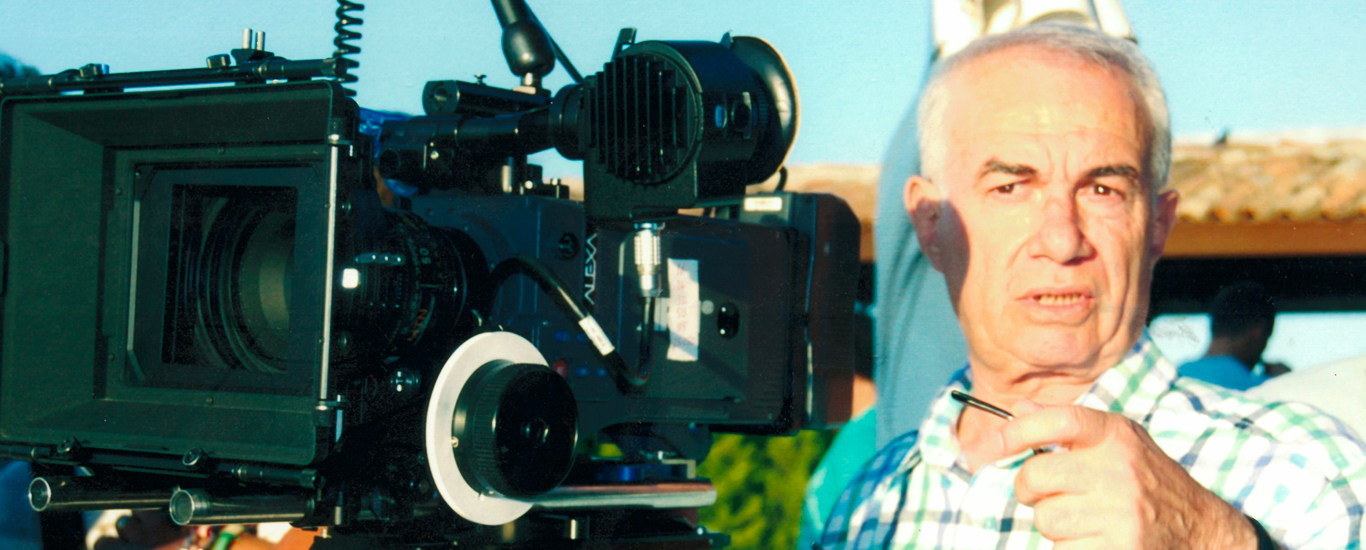Şerif Gören was born on 14 October, 1944, in Xanthi, Greece. He graduated from Istanbul High School. Gören launched his career in Yeşilçam in 1962 as a film editor and worked as assistant director in hundreds of films. His directorial debut Endişe (Anxiety, 1974) won awards in six categories including Best National Film and Best National Director at the 12th Antalya Film Festival in 1975. Gören is among the second generation of Turkish artists advocating social realism in film, pioneered by Metin Erksan, Lütfi Ö. Akad and Yılmaz Güney. He introduced numerous innovations to Turkish Cinema, including utilising visual effects despite the technical restrictions of the period. In 1973, he established the Film Workers’ Union. While serving as the chairman of the Film Directors Association between 1979-1980, he was arrested in the aftermath of the 1980 military coup. Right after his release in 1981, he directed Yol written by Yılmaz Güney, which brought Turkish cinema the Palm d'Or award. His notable films include Köprü (The Bridge, 1975), Deprem (The Earthquake, 1976), Nehir (The River, 1977), Derdim Dünyadan Büyük (1978), Almanya Acı Vatan (1979), Tomruk (1982, Antalya Third Best Film, Best Cinematography), Derman (1983 Antalya Second Best Film, 1983 Valencia Jury Special Prize, 1984 Damascus Best Film, 1984 FIPRESCI Prize at the Karlovy Vary Film Festival, FICC Prize), Firar (The Escape, 1984), Kurbağalar (The Frogs, 1986, Nantes Best Film), Kan (Blood, 1985), Yılanların Öcü (Revenge of the Snakes, 1985 Antalya Second Best Film), Katırcılar (1987), On Kadın (Ten Women, 1987), Polizei (1988), Abuk Sabuk Bir Film (1990 Yunus Nadi Competition Second Best Film), Amerikalı (The American, 1993 Antalya People’s Award). Gören also produced four television documentaries about Berlin and Strasbourg for SFB and FR2: Rot Grun (1988), Kartoffeln Zwiebel (1988), La Zigone et la Corbeau (1994), L’identité (1996).









